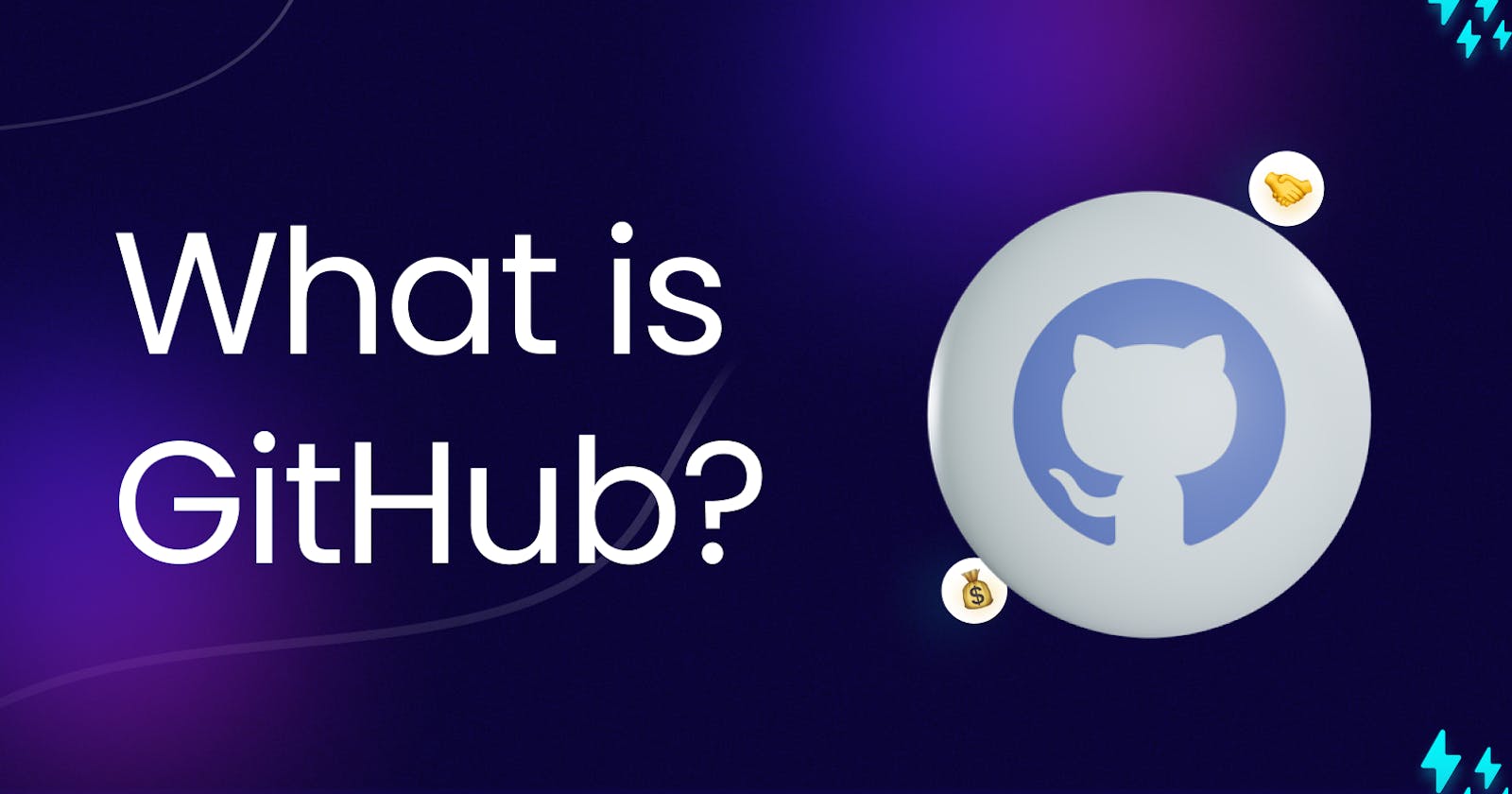Introduction to GitHub
GitHub is a web-based platform that provides hosting for software development projects using the Git version control system. Founded in 2008 by Tom Preston-Werner, Chris Wanstrath, PJ Hyett, and Scott Chacon, GitHub has grown to become one of the largest and most influential code-hosting platforms in the world. It has revolutionized the way software is developed and collaborated on, facilitating a global community of developers working together to build innovative software solutions.
Key Concepts in GitHub
Git Version Control: GitHub is built on top of Git, a distributed version control system. Git allows developers to track changes to their codebase over time, enabling easy collaboration, rollback to previous versions, and the merging of code changes from multiple contributors.
Repositories: In GitHub, a repository (repo) is a collection of files, folders, and version history for a particular project. Each repository has its own unique URL and serves as the central storage for a project's codebase.
Branching and Merging: GitHub allows developers to create branches from the main codebase, enabling them to work on new features or bug fixes without affecting the main code. After development and testing, changes can be merged back into the main branch.
Pull Requests: Pull requests are a crucial collaboration feature in GitHub. They allow developers to propose changes to the main codebase and request that the changes be reviewed and merged by project maintainers.
Forks: A fork is a complete copy of a repository created by a user to work independently on the project. Forks provide developers with the freedom to experiment with changes without affecting the original project.
Issues and Bug Tracking: GitHub provides an issue tracking system where users can report bugs, request new features, or discuss improvements. Issues serve as a centralized platform for project discussions and tracking tasks.
Collaboration and Social Features: GitHub fosters collaboration through features like code reviews, project wikis, and discussions, allowing developers to work together efficiently and exchange ideas.
How GitHub Works
Repository Creation: To start a new project on GitHub, a developer creates a new repository. The repository can be initialized with a README file and a license, and it will be ready to accept code contributions.
Code Development: Developers work on their local machines, making changes to the codebase. They use Git commands to track changes and create commits.
Pushing to GitHub: Once developers are ready to share their changes, they push the commits to the remote repository on GitHub. The code is now available to others for collaboration.
Pull Requests: If developers wish to contribute changes to an existing repository, they create a pull request. The pull request provides a summary of the changes and allows others to review and discuss the proposed changes.
Code Review and Collaboration: Other developers review the pull request, provide feedback, and suggest improvements. Discussions can take place directly on the pull request to address concerns and finalize the changes.
Merge and Deployment: Once the pull request is approved, the changes can be merged into the main codebase. The updated code can then be deployed to production or used for further development.
Benefits of GitHub
Collaboration: GitHub enables seamless collaboration among developers, allowing them to work together on projects regardless of their geographic location.
Code Review and Quality: The pull request and code review process in GitHub improves code quality and helps identify and fix issues early in the development cycle.
Community and Open Source: GitHub has become a hub for open-source software development, fostering a global community of developers contributing to various projects.
Version Control and History: Git's powerful version control capabilities provide a complete history of changes to the codebase, making it easy to track modifications and revert to previous versions if necessary.
Integration and Automation: GitHub integrates with various development tools, enabling automation and streamlining the development workflow.
Conclusion
GitHub has transformed the landscape of modern software development, providing a robust platform for collaboration, version control, and community engagement. By leveraging the power of Git and integrating essential collaboration features, GitHub has become a fundamental tool for developers worldwide. Its impact on open-source software development, code sharing, and knowledge exchange has significantly influenced the way software is built and maintained today.
